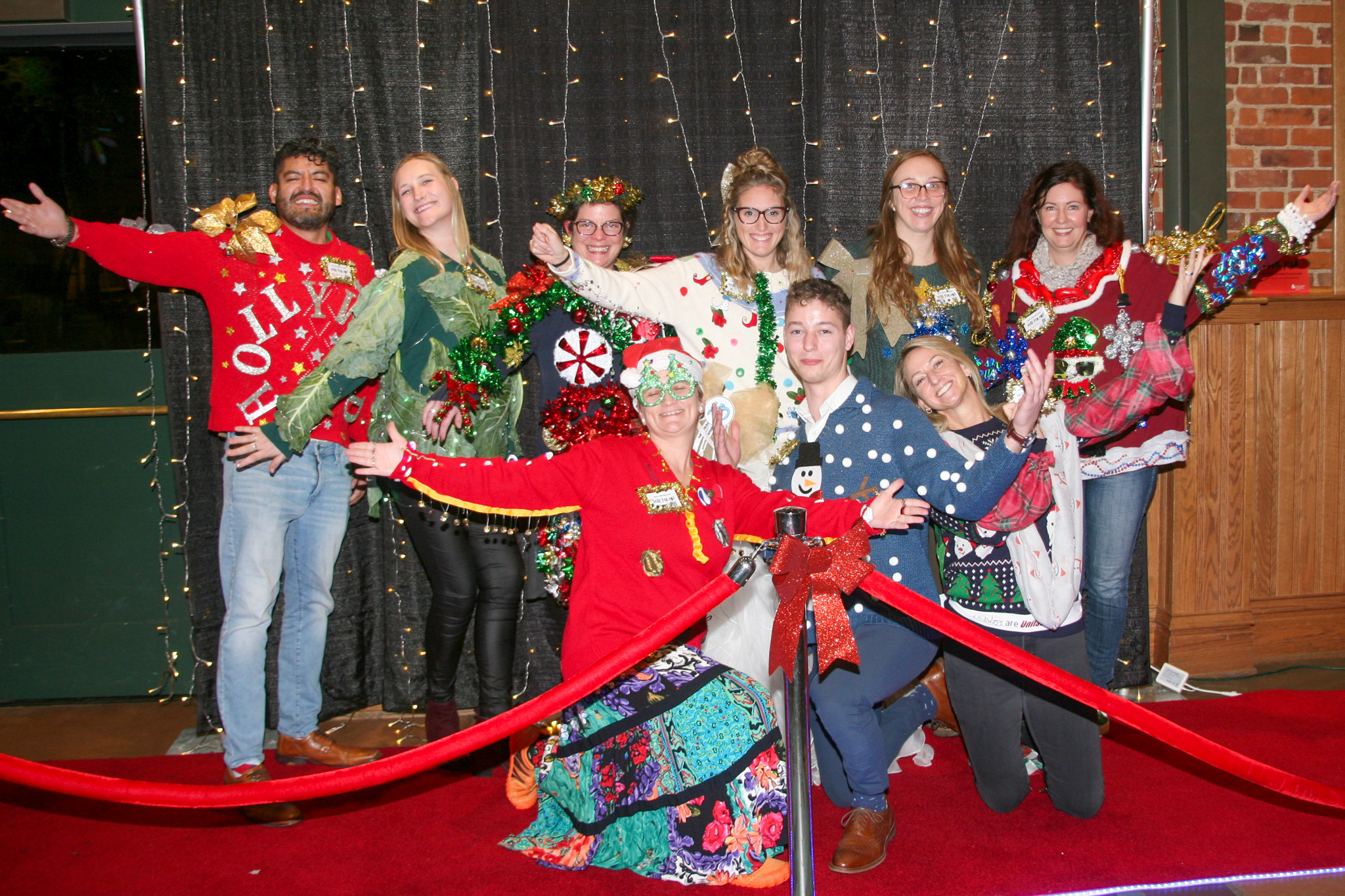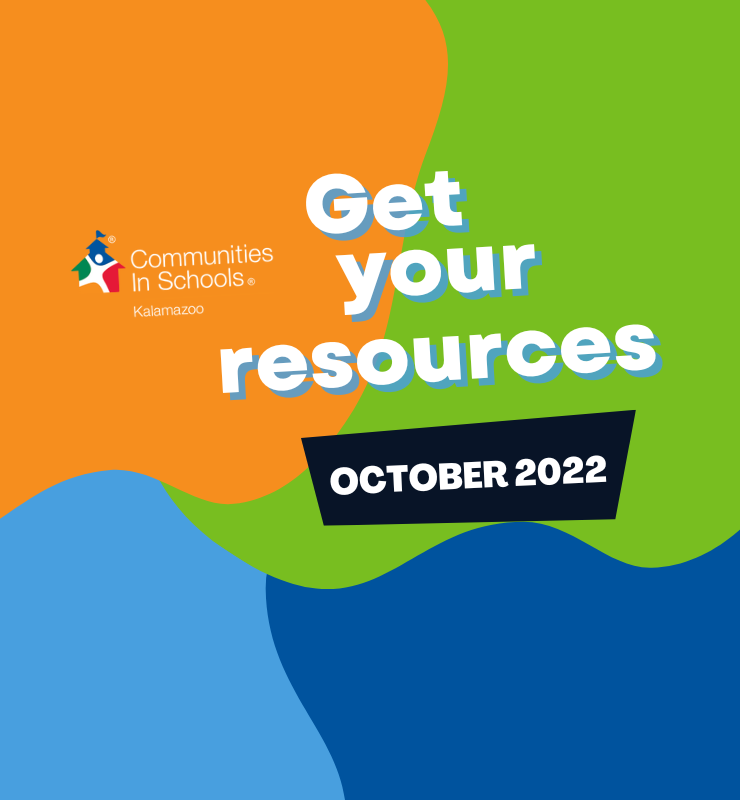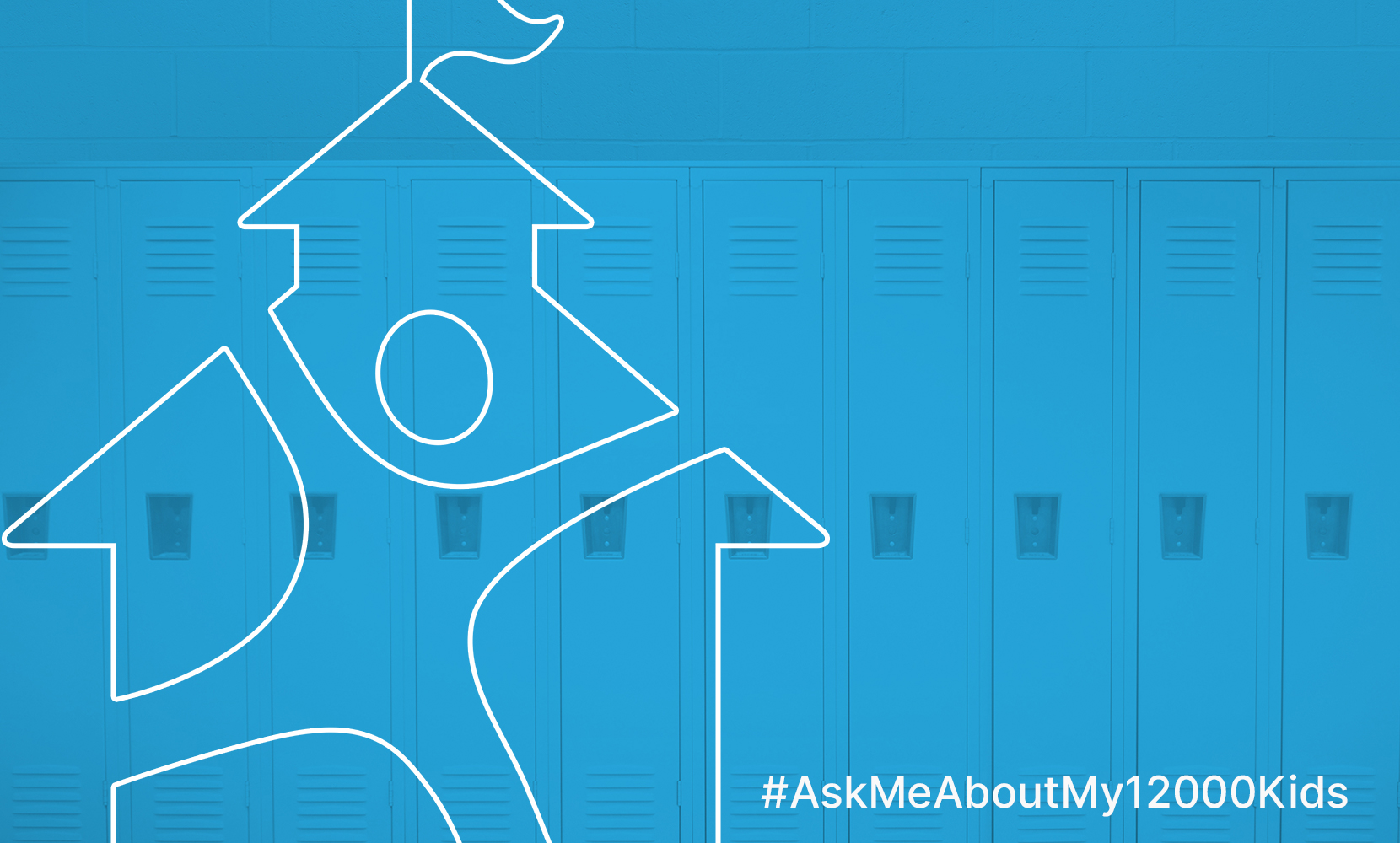 Welcome back to the POP QUIZ! This is a regular, yet totally unexpected, feature where we ask students, parents, staff, our friends, and partners to answer a few questions about what they are learning, reading, and thinking about. Today we feature John Oliver. When John joined the CIS support staff in August of this past year as Director of Quality & Evaluation, he became the second John in the downtown office (shout out to John Brandon!), so colleagues began referring to him as “Dr. John.”
Welcome back to the POP QUIZ! This is a regular, yet totally unexpected, feature where we ask students, parents, staff, our friends, and partners to answer a few questions about what they are learning, reading, and thinking about. Today we feature John Oliver. When John joined the CIS support staff in August of this past year as Director of Quality & Evaluation, he became the second John in the downtown office (shout out to John Brandon!), so colleagues began referring to him as “Dr. John.”
John grew up in Lansing, Michigan, graduating from Everett, the same high school that Irving “Magic” Johnson attended. He then moved to Atlanta to attend Morehouse College. After graduating, he returned to Michigan and entered Marygrove College in Detroit, obtaining a teaching certification and a Masters in Educational Leadership. He taught for seven years at Gardener Middle School, the same building he had attended as a youth.
He then pursued his doctorate in Educational Leadership from Michigan State University. “I wanted to remove barriers,” he says. While there, John worked with his advisor who was the evaluator for a Kellogg project for community change. “That’s where I made the connection between community and the schools needing to work closely together. We looked at eleven different communities across the country and how they were doing change. My doctoral dissertation focused on the power of youth and adult partnerships.”
Around this time John also developed an interest in radio through involvement in “an offshoot” that grew out of his work on the Kellogg project. “We formed this learning exchange, beginning with the original 11 communities we worked with and it eventually grew to 75.” Radio, he says, can be a platform for communities to exchange ideas and can “bring together wisdom of place.”
Last year, after six years as an assistant professor at Texas State University, John, his wife Michele, and their daughter Joelle moved to Michigan to be closer to family.
Alright, Dr. John: pencil out, eyes on your own paper. Good luck.
Pop Quiz
You mentioned the phrase “wisdom of place” in referencing the radio project you were involved with in Texas. Talk more about that.
In thinking about place-based leadership, it’s important to never take for granted that someone who doesn’t have a title isn’t someone who should also be at the table…Too often it’s the people with credentials making decisions on behalf of those they represent. We miss out on a lot of capacity, on the wisdom of place, and the power of people when this occurs. To really learn and exchange ideas, we must check our credentials at the door. We learn more by asking than just by sharing or telling. That’s always the case when working with children.
You once taught at an African-centered charter school. Can you tell us more about that?
99% of the students were African American. We placed students at the center of their learning, asking them to consider Where am I in this topic? Where are my people in this? So, for example, let’s say students are learning about 1492 in history. What happens in 1492? Christopher Columbus sailed the ocean blue. Students would discuss things like, How do you/can you discover some place if people are already there?
Critical consciousness and centering is what we taught alongside each topic and the African-centered approach was embedded within everything and whatever benchmarks we covered. We always posed the question, Okay, where are you in this and how are you centered? We pushed students to get to that base, to consider African diaspora throughout their course work. The experience culminated in the eighth-grade class going on study tour up the Nile. I went with the students. It was an incredible experience.
You’re now the data guy for CIS. How would you describe what you do?
My role, the way I articulate my role to others, is that I’m trying to make sense of what the data says. To be clear, data is more than just numbers, graphs, and charts. It’s also the dialogue, the conversations and the responses with people. It’s about relationships and finding relationships between the numbers. What’s happening between relationships of people, organizations, and the community? What is the story?
Can you tell us one story?
The story I’m trying to understand now is how to ask a new question. The question we’ve struggled with as educators over the years has been how do we assess at-risk or marginalized student populations? To that end, we zero in on incarcerated youth, drop outs, etcetera. However, being here in Kalamazoo and learning how resource-rich this community is, as well as being a Promise community, that’s huge, right? So how do we look at this with fresh eyes, in a new way? When we do, it becomes not so much looking at “at-risk youth,” but looking at what is keeping students from not using the Promise.
CIS is focused on removing barriers that put students at-risk of not using the Promise. I have an appreciation for this multi-layered, multi-faceted approach to student success and am really pleased to be working here in a community invested in the CIS model of integrated student services.
Favorite word?
Positivity. It’s actually one of my top five words.
What are the other four?
Futuristic, adaptability, connectedness, and maximizer.
Are those all words you try to apply to your life?
Yes. Those are my identified strengths within the five domains of the Clifton StrengthsFinder 2.0 that we all took at our CIS orientation launch in the fall. It was both reassuring and a little creepy how accurate it was. But, wow, it really makes sense…I’m in the right place, doing the right things. Everything is aligned.
What are you currently reading?
Start With Why. It’s by Simon Sinek.
Sounds like nonfiction.
It is. I don’t do fiction. If I’m going to read something, I want to learn. I always like to increase my skills set. When I want to be creative, I explore that avenue through music, playing the guitar and listening to music.
What do you love about Kalamazoo?
Lot of things. It’s small but close enough to larger venues and cities. Most importantly, though, it’s a tight, close community.
Any favorite places yet?
The Farmer’s Market. That was a cool discovery!
Behind every successful person is a caring adult. Who has been your caring adult?
My parents, of course. Especially my dad. He passed last year. We got here to Kalamazoo just before he passed. We arrived in September and he passed in December. It wasn’t expected.
What a difficult thing to go through. I imagine your mom must appreciate that you have been here in Michigan during this difficult time.
Yes. It helps to know that we were listening to what the universe was putting out there, listening to that still small voice that said, Get back to Michigan.
What is something interesting you’ve recently learned?
It’s important to follow that still, small voice. Listen and follow.
Thank you, Dr. John, for hanging out with us at Ask Me About My 12,000+ Kids.

John Oliver, Director of Quality & Evaluation (far left) modeling Millie’s mittens (you can read that post here) with CIS staff John Brandon, Partner Services Coordinator, Alonzo Demand, Human Resources Coordinator, and Michael Harrison, Associate Director of Site Services.
Tags: African-centered learning, CIS, Clifton StrengthsFinder, Communities In Schools of Kalamazoo, community radio, Director of Quality & Evaluation, Dr. John Oliver, Everett, Gardener Middle School, Kellogg Foundation, Marygrove College, Michigan State University, Morehouse College, Start With Why, Texas State University




